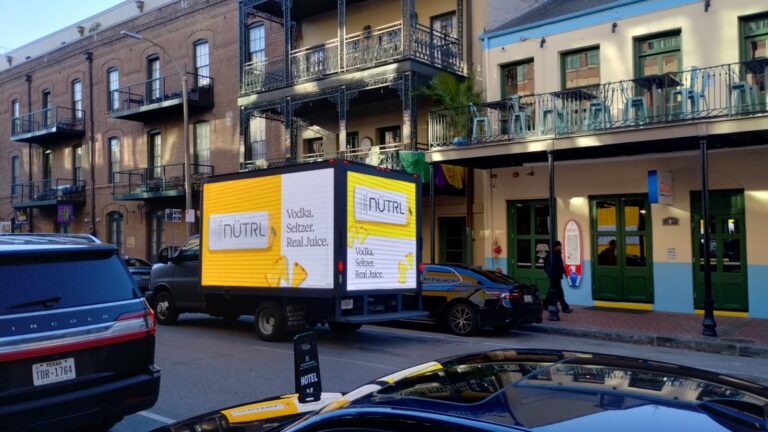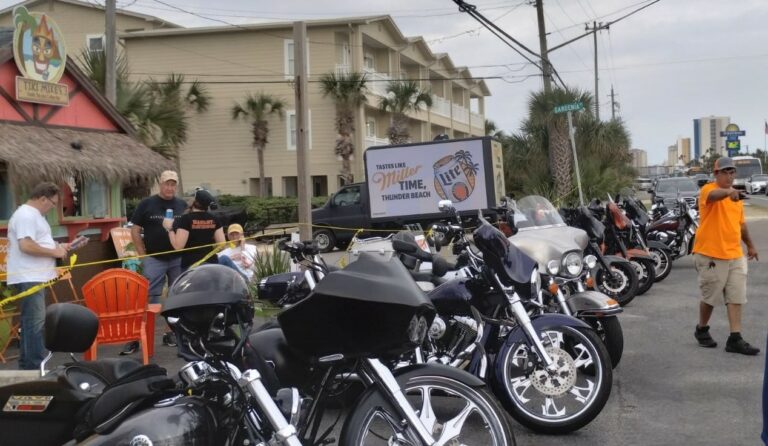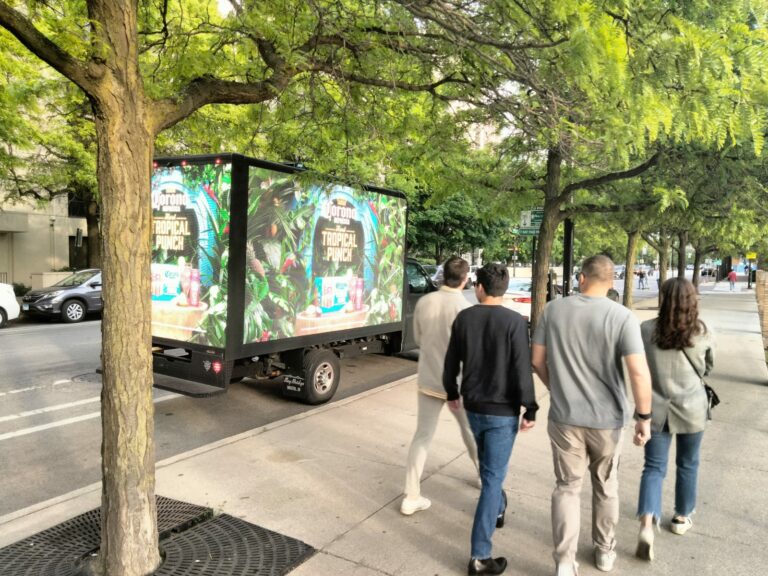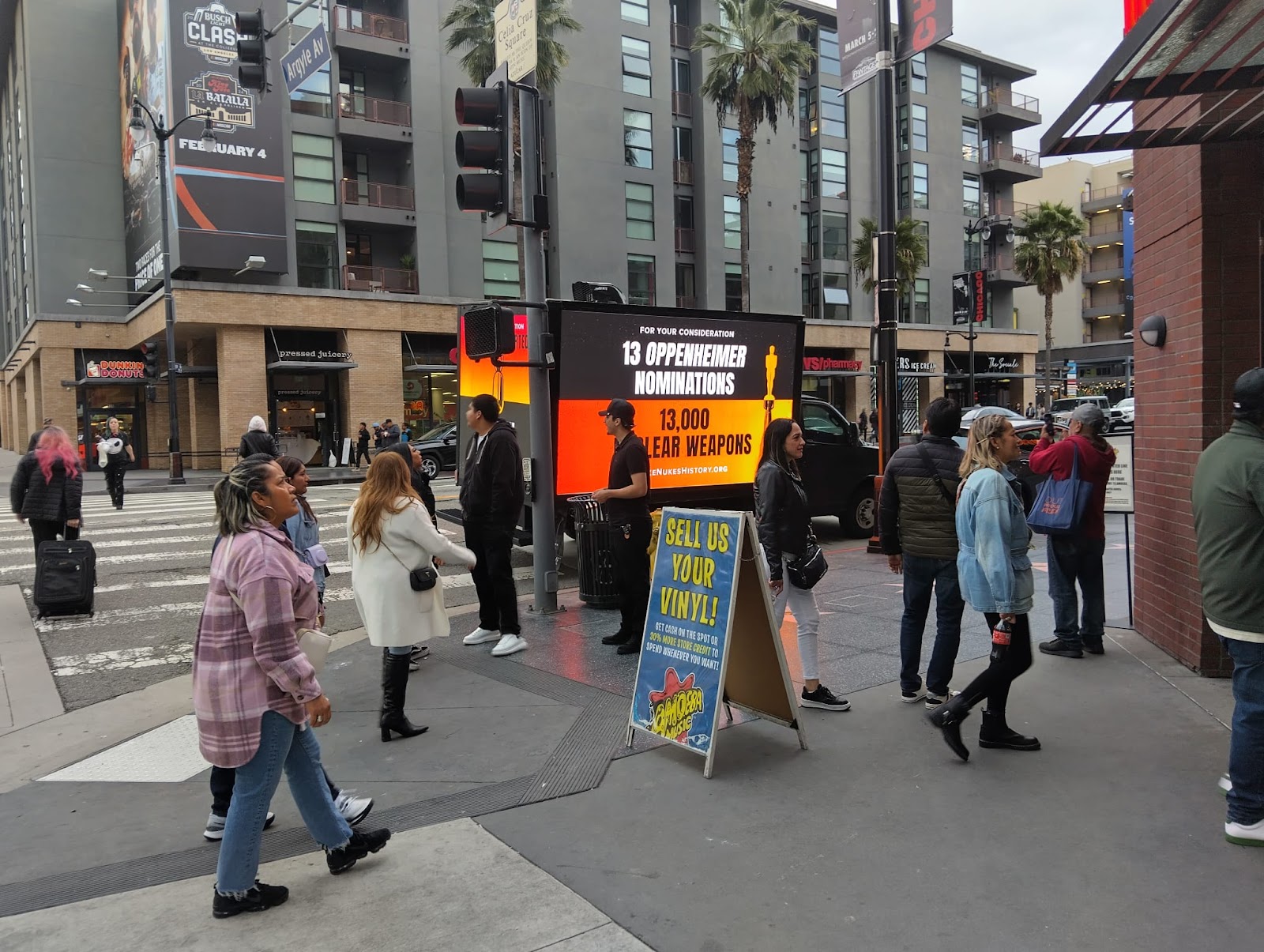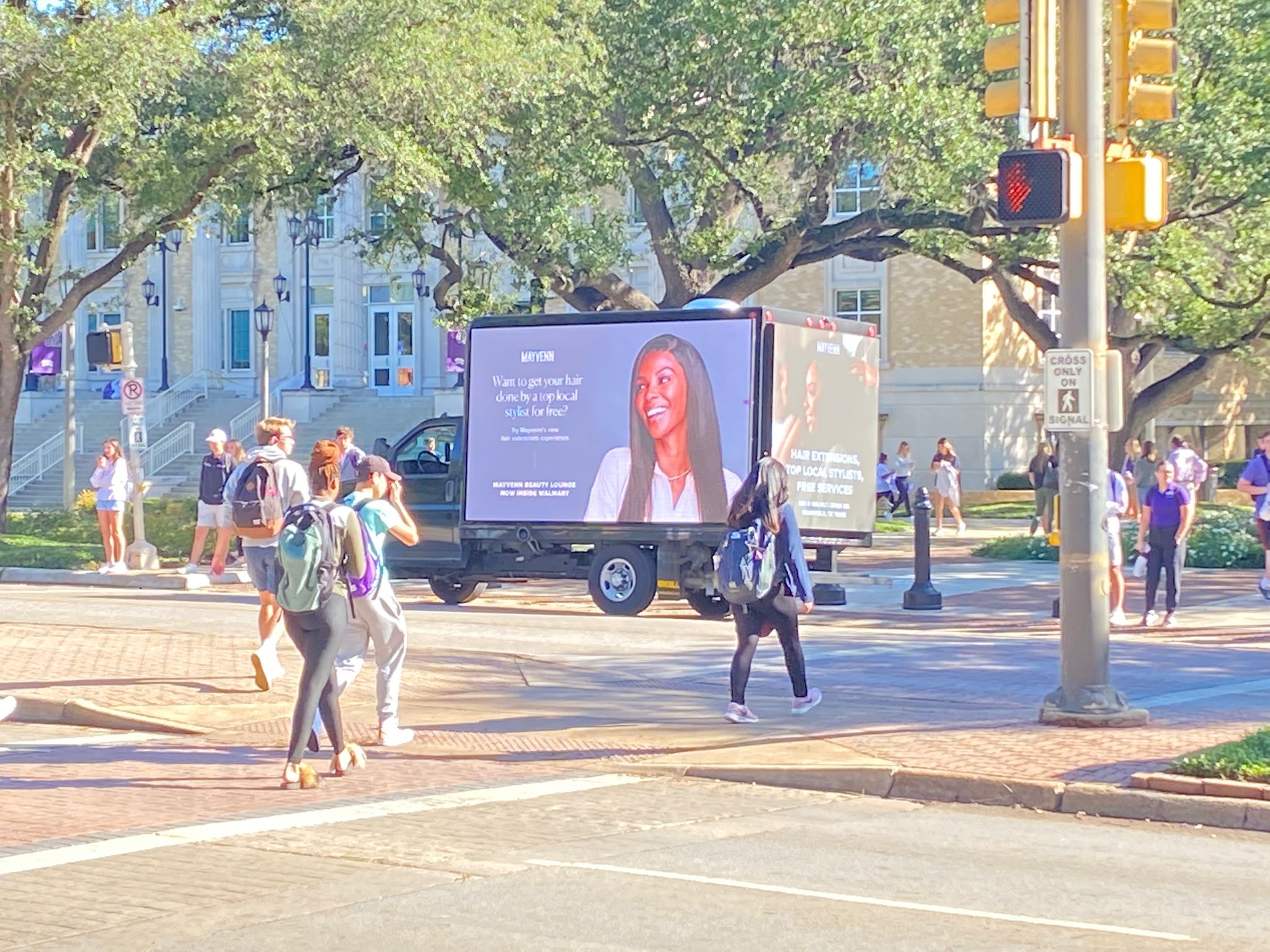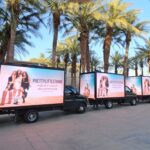Why are Mobile Billboards Considered to be a Great Out-of-Home (OOH) Advertising Strategy
Recommended Posts
Affordable and Custom LED Billboards Advertising
Nowadays, everyone is glued to the idea of having their ads on Mobile LED billboard trucks. What makes those trucks so attractive that it’s demanding everyone’s attention? Why are these digital LED trucks famous these days? Why is everyone talking about mobile billboard advertisements? It Moves! Our study states that...
Read MoreMobile LED Advertising Trucks: Still effective in 2024?
As we stand at the end of the first quarter of 2024, we ask the intense question- is it worth spending money on mobile LED advertising trucks? Let’s be honest, despite the saturation of digital marketing platforms and the ubiquitous presence of smartphones, these unique advertising vehicles maintain their effectiveness,...
Read MoreOutdoor Media: Why Choose Mobile Billboards
Digital mobile billboards are ranked as one of the most influential ways to advertise for businesses today, as well as one of them most cost-effective ways. Mobile billboards can be driven directly to your target audience no matter where they are, including hard-to-reach residential areas, commercial spaces, major cities and...
Read More

